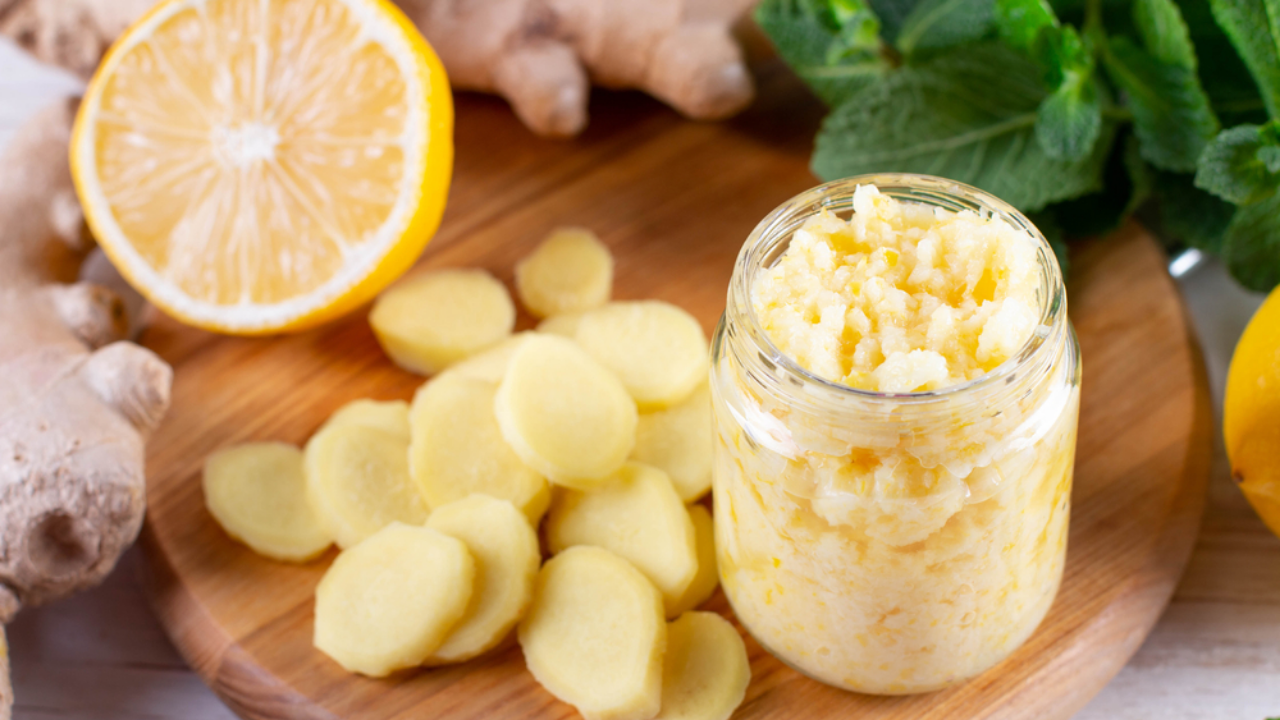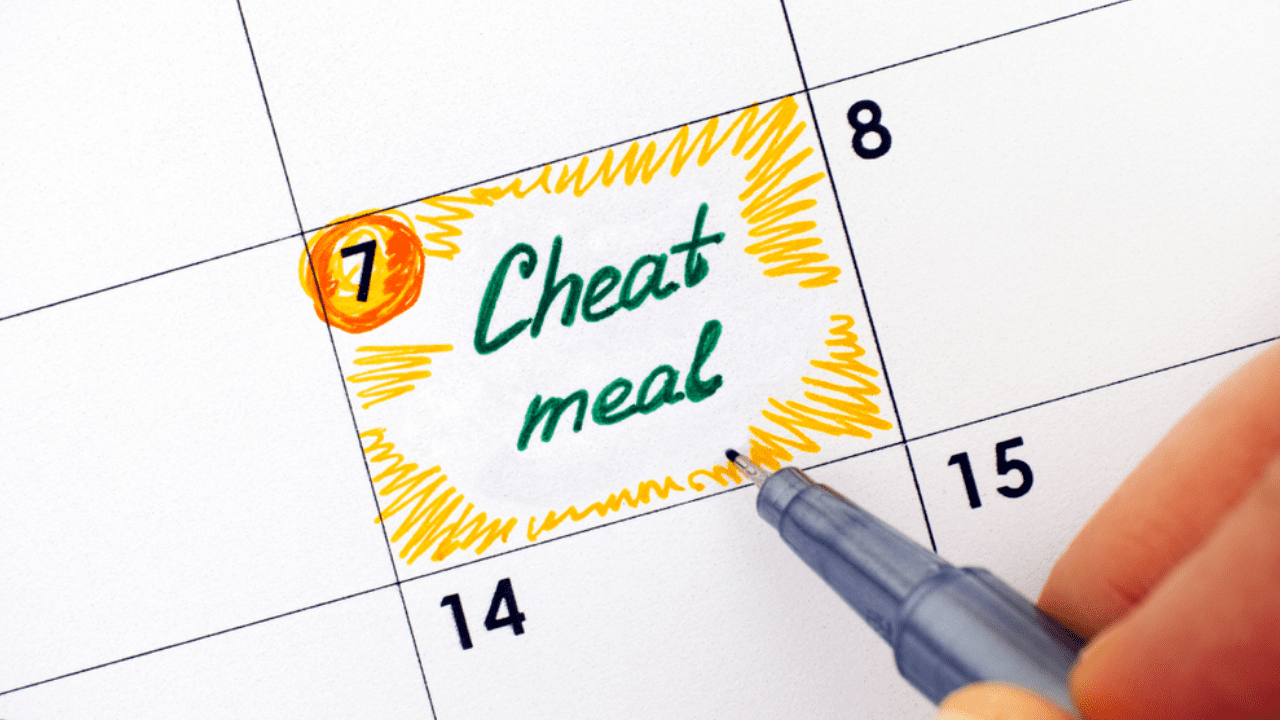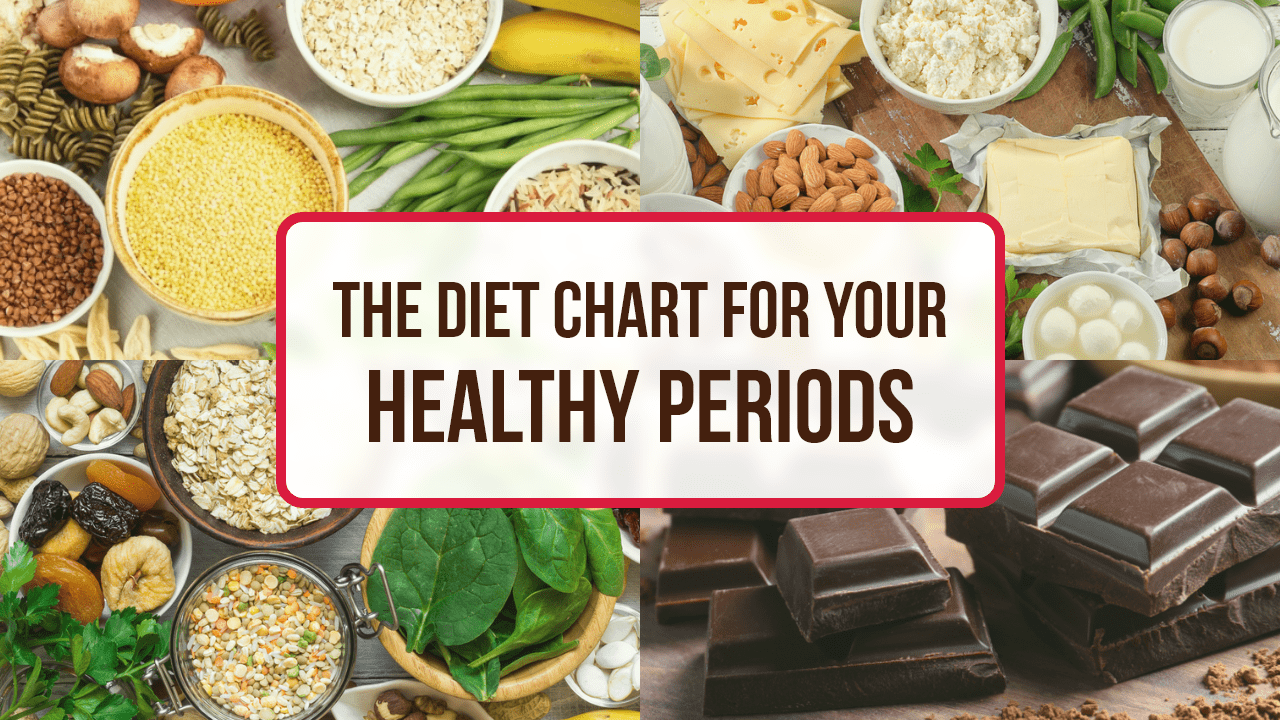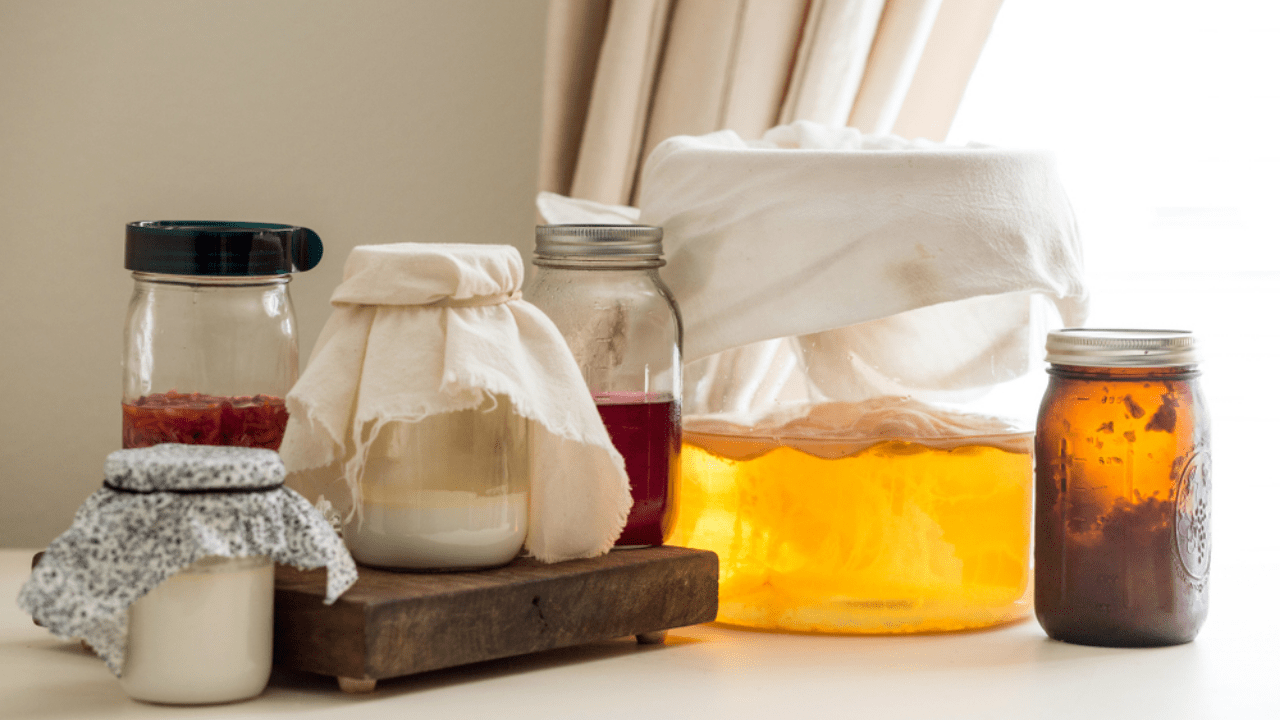
We All mostly consider bacteria as Germs that are harmful to us, but the truth is there are many microorganisms which could be very helpful. They help in improving our immunity, promote the production of vitamin B12 etc. Our notion of bacteria is something that causes disease, but a large portion of our body comprises of bacteria – both good & bad. In fact, 80 Per cent of the bacteria present in the intestinal lining of the digestive tract are called probiotics. The concept of probiotics came to fight in the 20th Century.
Researchers have found that probiotics help in treating flu, colds & colic. It also helps lower cholesterol & encourages weight loss. The good gut bacteria are also responsible for producing vitamin B-12 butyrate which decreases B12 deficiency, vitamin K2 & helps fight & bacteria, yeast & fungi. Furthermore, probiotics create enzymes that destroy harmful bacteria & stimulate secretion of lgA & regulatory T cells that eventually improves immunity.
MAJOR HEALTH BENEFITS OF PROBIOTIC
ENHANCE DIGESTIVE HEALTH:

Certain strains of probiotics have shown positive results in treating diarrhoea & gastroenteritis. Studies have also concluded that the lactobacillus can significantly reduce the risk of diarrhoea in infants.
CONTROLS IRRITABLE BOWEL SYNDROM:

Probiotics have proven to help people with irritable bowel syndrome. Many Studies have shown that probiotics reduce the symptoms associated with IBS. Bifidobacterium infantis is the bacteria that has shown to have a positive effect.
ENCOURAGE WEIGHT LOSS:
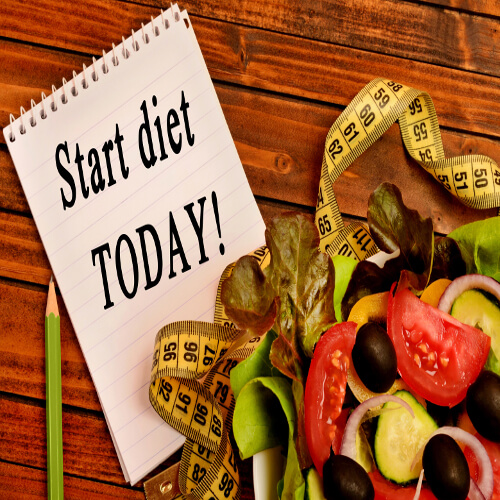
Probiotics dairy products also have a positive effect on reducing abdominal fat & weight. Yogurt consumption has proven to help in the reduction of body fat. Hence, incorporating probiotic dairy products like yogurt in one’s diet helps in losing abdominal fat.
There are plenty of probiotics in our diet ranging from fresh foods fermented foods. However, the most common foods are fermented foods. However, the most common fermented food found in every household in curd. It is not only a good source of protein & calcium but also provides the probiotics that are very essential. Foods such as dhokla, idli, dosa & yakult are some more examples of probiotics foods which we must include in our diet.
EASY PROBIOTIC RECIPES TO MAKE AT HOME
KOMBUCHA:
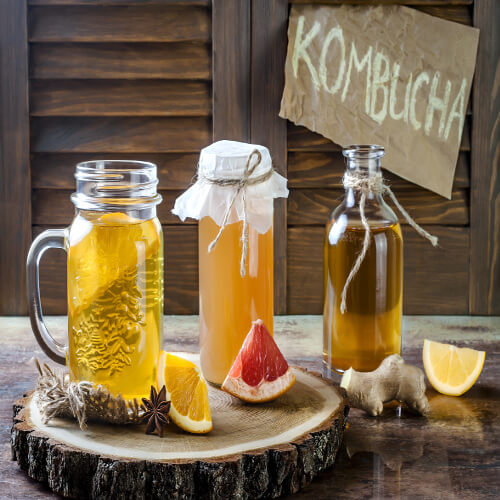
INGREDIENTS:
Kombucha starter (as per required)
- 1 Tea Bag
- 1 Tablespoon Sugar
- 1 Tablespoon Starter Liquid
- Purified water (as per required)
PREPARATION:
Step 1 In a brewing vessel, place a tea bag in a cup of boiled water & keep it for five to fifteen minutes.
Step 2 Take out the tea bag, add a tablespoon of sugar & stir to dissolve.
Step 3 And Purified water to the vessel leaving a space of two inches from the top.
Step 4 Add starter liquid to the vessel & cover it with a cloth – secure the cover using a rubber band.
Step 5 Keep the vessel in a warm place (keep it away from direct sunlight) for seven days.
Step 6 The Mix is now ready to drink.
NUTRITIVE VALUE (PER SERVING):
- Energy – 174Kcals
- Carbohydrates – 40g
- Protein – 10g
- Fibre – 16g
- Fat – 1g
KEFIR:
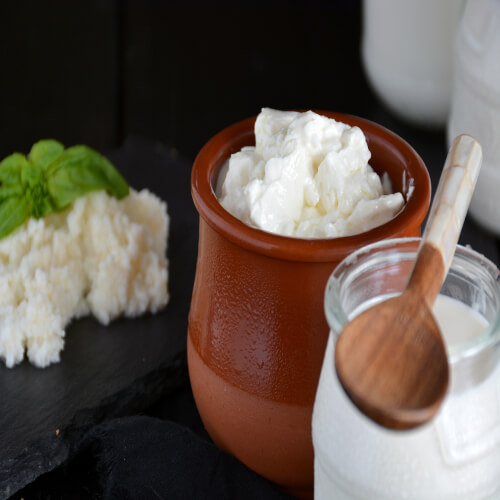
INGREDIENTS:
- 1 tablespoon kefir grains
- 750ml Milk
PREPARATION:
Step 1 In a Glass jar, add kefir & fill the jar with whole milk (preferably with non-pasteurized milk)
Step 2 Cover the jar with a cloth & keep it on the kitchen counter for about two days.
Step 3 Stir the mix periodically (after two days) using a plastic spoon (non-metallic)
Step 4 After the kefir grains become thick, remove the grains from the mix using a plastic strainer & place the Kefir grains in a clean jar but make sure you don’t smash the grains.
Step 5 Repeat the process again.
Step 6 Your Kefir is now Ready.
NUTRITIVE VALUE (PER SERVING):
- Energy – 327Kcals
- Carbohydrates – 38g
- Protein – 25g
- Fibre – 0g
- Fat – 8g
SAUERKRAUT:
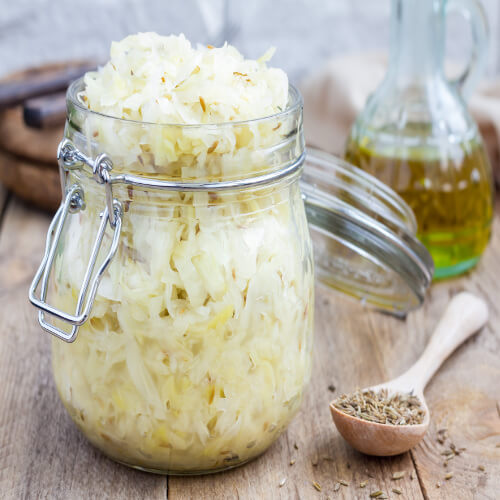
INGREDIENTS:
- 500 grams of shredded cabbage
- 3 tablespoons of sea salt
- 1 teaspoon caraway seeds
- 1 teaspoon peppercorns
PREPARATION:
Step 1 In a jar, add shredded cabbage & salt. Mix it for five minutes.
Step 2 Add the caraway seeds & the peppercorns.
Step 3 Cover the surface of the jar with cling film
Step 4 The jar should be filled with the cabbage mixture. Cover the jar with the lid & leave in a dark place at room temperature for at least five days.
NUTRITIVE VALUE (PER SERVING):
- Energy – 174Kcals
- Carbohydrates – 40g
- Protein – 10g
- Fibre – 16g
- Fat – 1g



